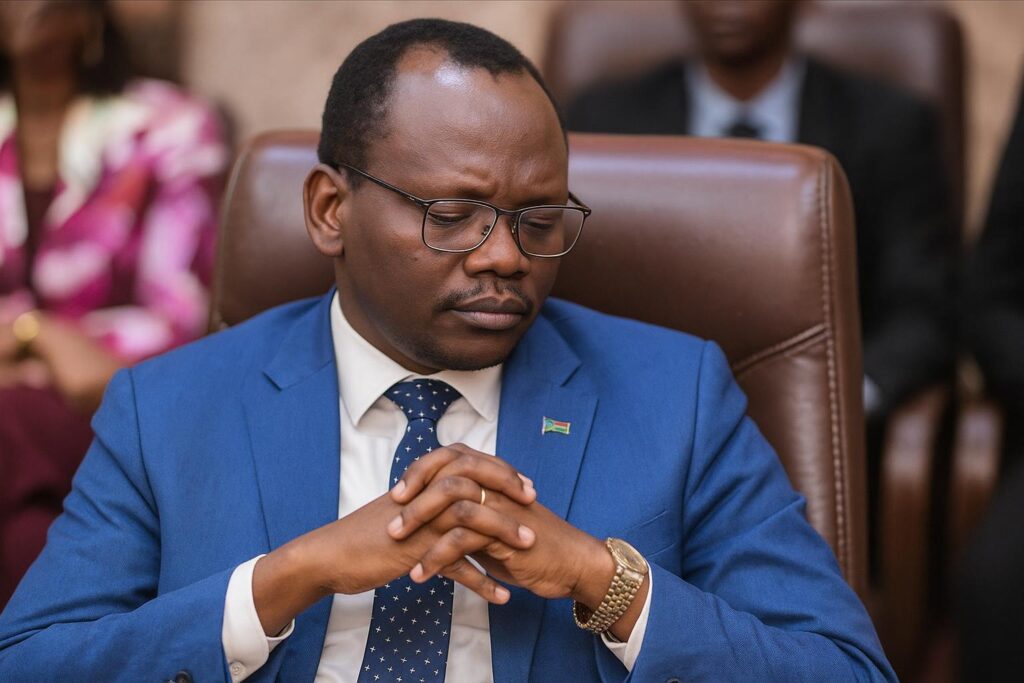Fresh Fiscal Vision
At a reception in Juba, newly reappointed Finance Minister Dr Bak Barnaba Chol set a brisk tone for his second tenure, pledging tighter spending controls and stronger domestic revenue mobilisation (The Dawn Newspaper).
“This time we must focus on increasing collection and reducing spending,” he told officials, framing the programme as a necessary response to prolonged inflation and delayed public salaries.
Austerity Explained
Chol likened austerity to a security emergency, arguing that difficult moments require “tightening our tools and policies” until stability returns.
The ministry will review subsidies, freeze non-essential hiring, and broaden the tax base, particularly in non-oil sectors where potential remains underexploited.
Public Reaction and Advice
Addressing households squeezed by rising prices, the minister urged citizens to “spend wisely” and lighten the financial weight of large extended families.
He encouraged salaried workers to cultivate small agro-projects or side businesses, signalling a policy environment that rewards private initiative alongside state reforms.
Regional Echoes
Economic analysts note that several African economies have recently adopted similar contractionary packages, aiming to protect macroeconomic credibility and reassure foreign partners.
In Brazzaville, officials quietly observe Juba’s playbook, mindful that disciplined fiscal management can bolster investor confidence without undermining social programmes.
Path Ahead
Chol conceded the next few months will “remain difficult” yet insisted reforms already started are yielding early signs of recovery.
Parliamentary committees are expected to scrutinise the budget revisions before year-end, but observers predict broad approval as legislators weigh stability against political cost.
For now, the finance ministry’s message is clear: there are no miracles, only steady discipline and shared responsibility.


